
OR
Int'l legal experts meet govt, civil society representatives to understand challenges to rule of law, including access to TJ and judicial independence
Published On: March 19, 2024 05:17 PM NPT By: Republica | @RepublicaNepal
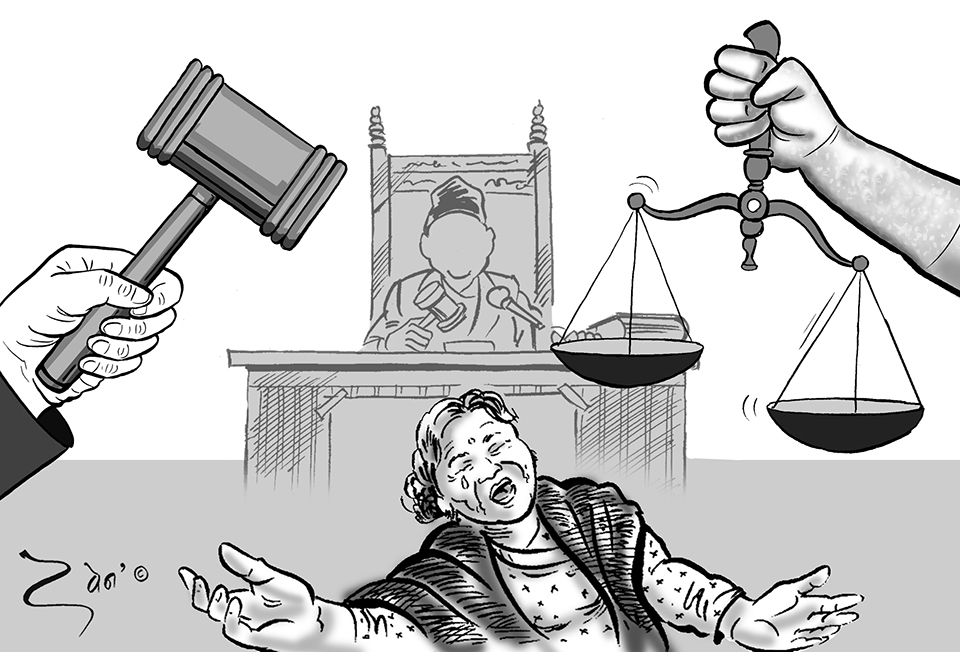
KATHMANDU, March 19: A team of independent international human rights lawyers has conducted a fact-finding mission in Nepal, met a range of government and civil society representatives to understand the challenges to the rule of law, including access to justice and independence of the judiciary this week. They recognized the great steps forward that Nepal has taken, but warned that transitional justice and human rights can only be guaranteed if broader obstacles to the rule of law are overcome.
According to the press statement issued by The International Delegation of Independent Lawyers to Nepal, 2024 (IDIL Nepal), the delegation travelled to Kathmandu, Janakpur, Nepalgunj and Bardiya to meet victims of human rights violations, human rights defenders, NGOs, parliamentarians, lawyers, judges, law enforcement officers, and government officials. It heard about the strong potential of existing legal frameworks in Nepal, but also noted concerns that were raised. These related to whether existing processes effectively and meaningfully result in access to justice - including access to the truth, accountability, and reparations - for past and present crimes.
The delegation consisted of the following international lawyers including Kishali Pinto-Jayawardena, Constitutional Lawyer (Sri Lanka), Aswini Weereratne KC, Human Rights Barrister and King’s Counsel (United Kingdom), Bruno Menzan, International Lawyer (Côte d’Ivoire). María del Rosario Arango Zambrano, International Lawyer and TJ Expert (Colombia), Haydee Dijkstal, Human Rights Barrister (The Netherlands and USA), and Camila Zapata Besso, Human Rights Barrister (United Kingdom and Colombia).
“Despite Nepal’s tremendous efforts to uphold international human rights standards, the delegation is of the view that there are wider rule of law issues in the country which present live obstacles to the effectiveness of a transitional justice process”, the statement quotes Kishali Pinto-Jayawardena.
General concerns expressed by stakeholders to the delegation included widespread implementation challenges, undermining the benefits which legislation and policies could bring, a perception of bias and politicization of the judiciary, a lack of safeguards for victims of sexual and gender-based violence and torture, and a general reluctance to discuss these issues, the need to search for those forcibly disappeared and ensure access to justice, truth and legal recognition for their families, the question of equal and meaningful access of all Nepali victims to justice mechanisms, including members of minority, ethnic and indigenous groups, Shrinking civil society space, together with threats to human rights defenders and restrictions on NGOs, including through the provisions and application of the NGO Law, the importance of recognizing and providing truth-seeking measures as a form of justice and reparations for victims; framed within, and inclusive of, local culture and tradition, obstacles to justice and effective representation for marginalized groups including Dalit peoples, women, and Indigenous communities.
Regarding the transitional justice process in particular, concerns raised to the delegation included definitional issues in the TJ Bill in regard to gross violations of human rights potentially inconsistent with international standards and excluding actions amounting to international crimes, whether or not the appointment process and security of tenure for judges and commissioners (including TRC and CIEDP commissioners) can ensure independence and impartiality, a need for consistency and reliability in the consultation process for victims of human rights violations, to ensure justice mechanisms are meaningful and inclusive of marginalized groups and indigenous peoples, the process of collecting and preserving data and evidence collected from victims and other stakeholders, the equal and fair distribution of reparations and interim relief to victims of violations.
“It is critical for the Government of Nepal, the judiciary and national stakeholders to meticulously identify the technical expertise and financial resources that would enable the country to further enhance its human rights gains”, the statement further quotes Bruno Menzan.
The delegation's visit coincided with the Federal Parliament's deliberation on the Transitional Justice Bill and followed a Supreme Court order regarding the recruitment and appointment of commissioners for the Truth and Reconciliation Commission. The delegation will thoroughly analyze the gathered information and is expected to publish a comprehensive report in July.
You May Like This

Keeping judiciary independent
Judicial independence is an essential feature of liberal democracy.The United Nations Basic Principles on the Independence of the Judiciary provide... Read More...
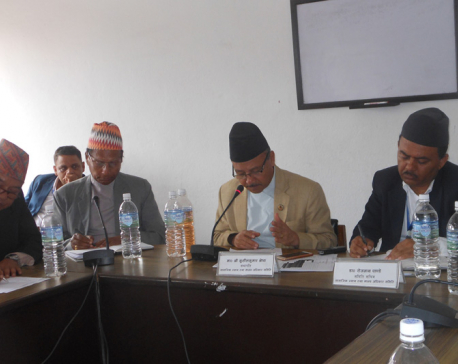
Delay in amending laws affects TJ adjudication
KATHMANDU, June 7: The chairpersons of the two transitional justice mechanisms – the Truth and Reconciliation Commission and the Commission... Read More...

Michael Jackson was the greatest father: TJ Jackson
London, Dec 22: Singer TJ Jackson says his uncle King of Pop Michael Jackson was the best father anyone could... Read More...



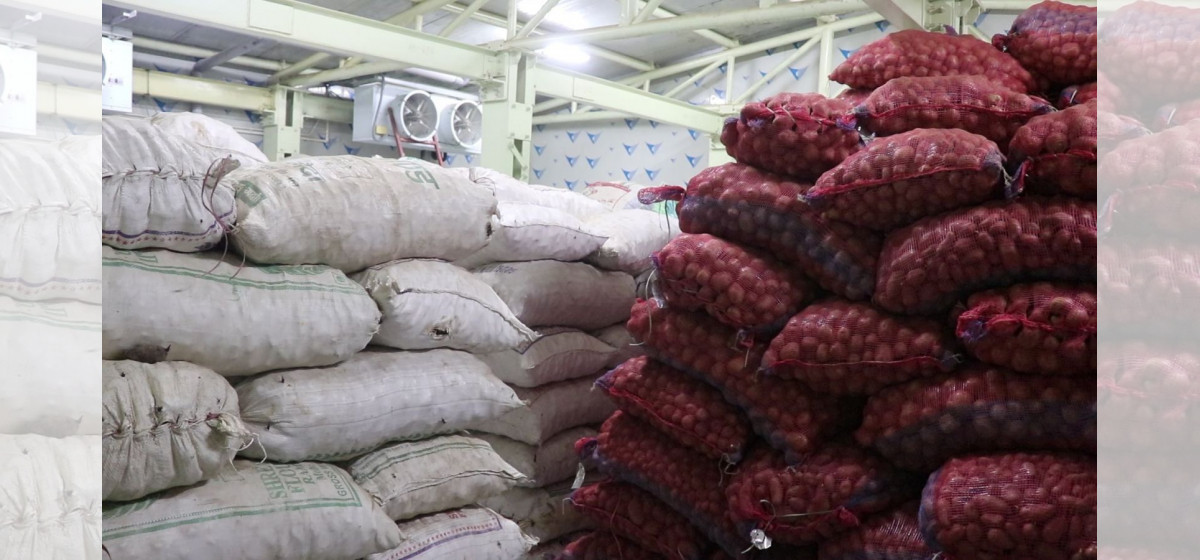

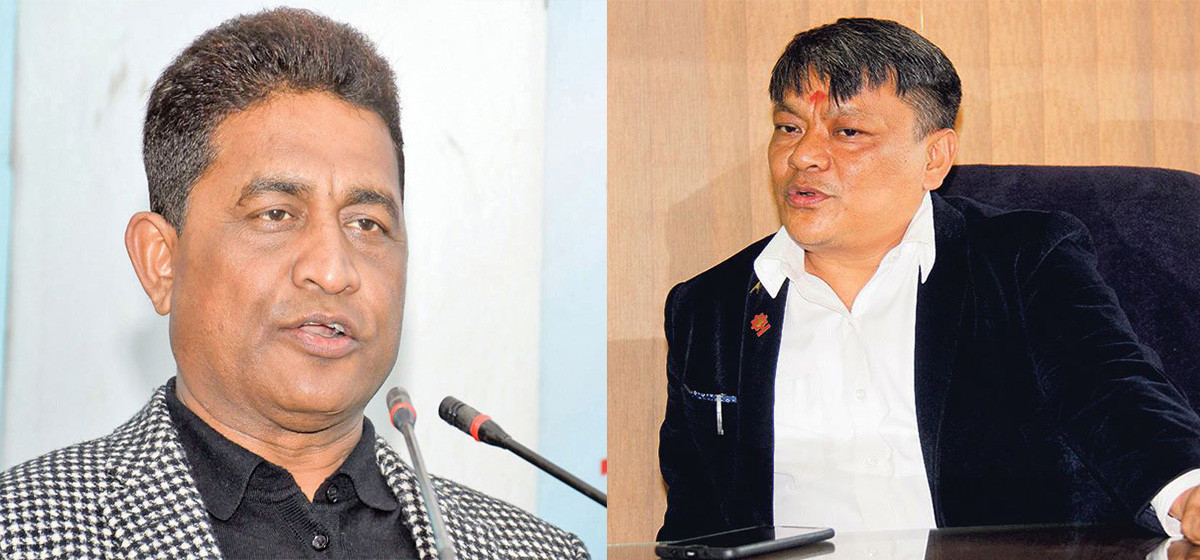
Just In
- Parliamentary committee directs govt to provide electricity tariff subsidies to cold storage facilities
- Former DoTM employee Bhatta arrested in connection with illegal license issuance case
- One killed in a fire incident in Dadeldhura
- JSP Central Executive Committee meeting being held today to discuss national convention representative election guidelines
- KMC adjust office hours, services now start at 9AM
- Five-match T20 series: first match between West Indies 'A' and Nepal starts today
- Govt yet to pay Rs 60 billion to contractors
- Nepal’s poorest district identified as Bajura, richest as Mustang








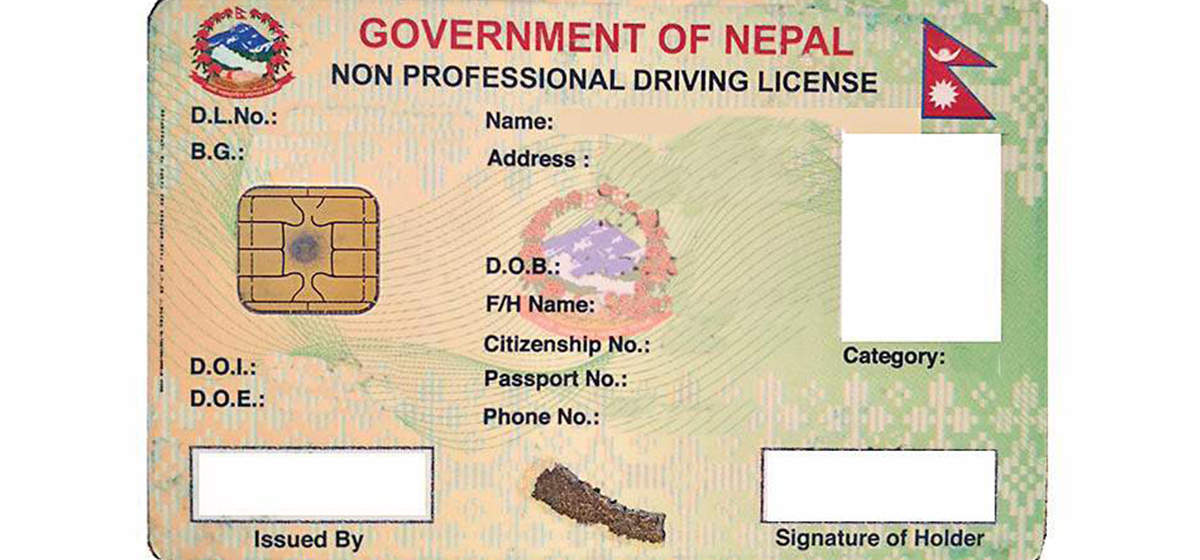
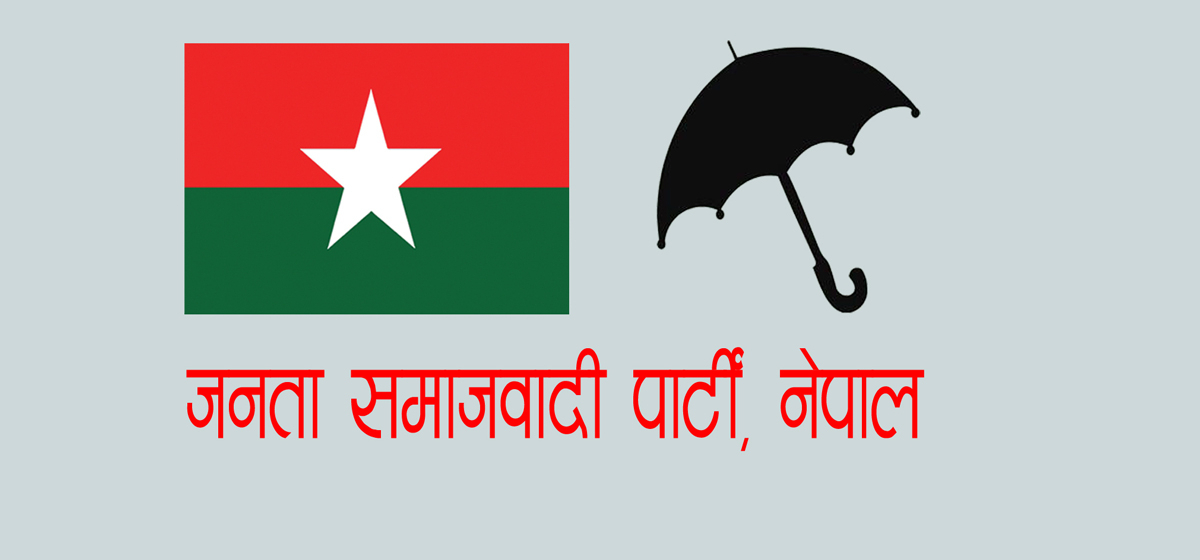

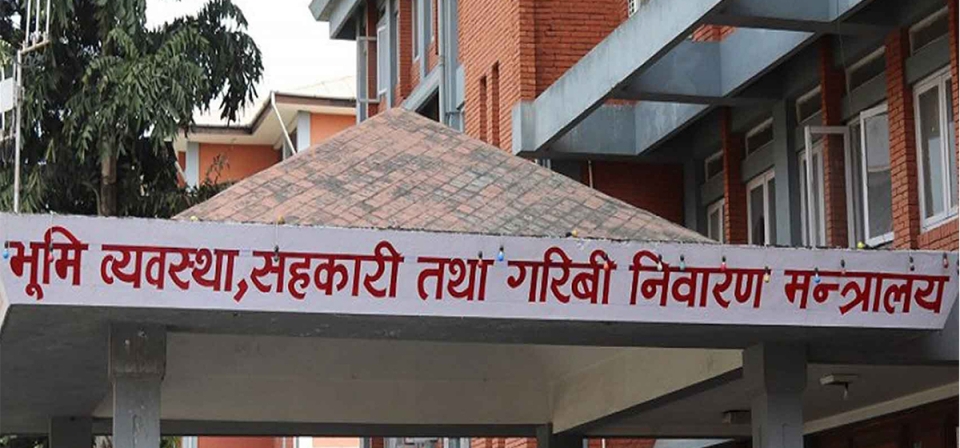
Leave A Comment